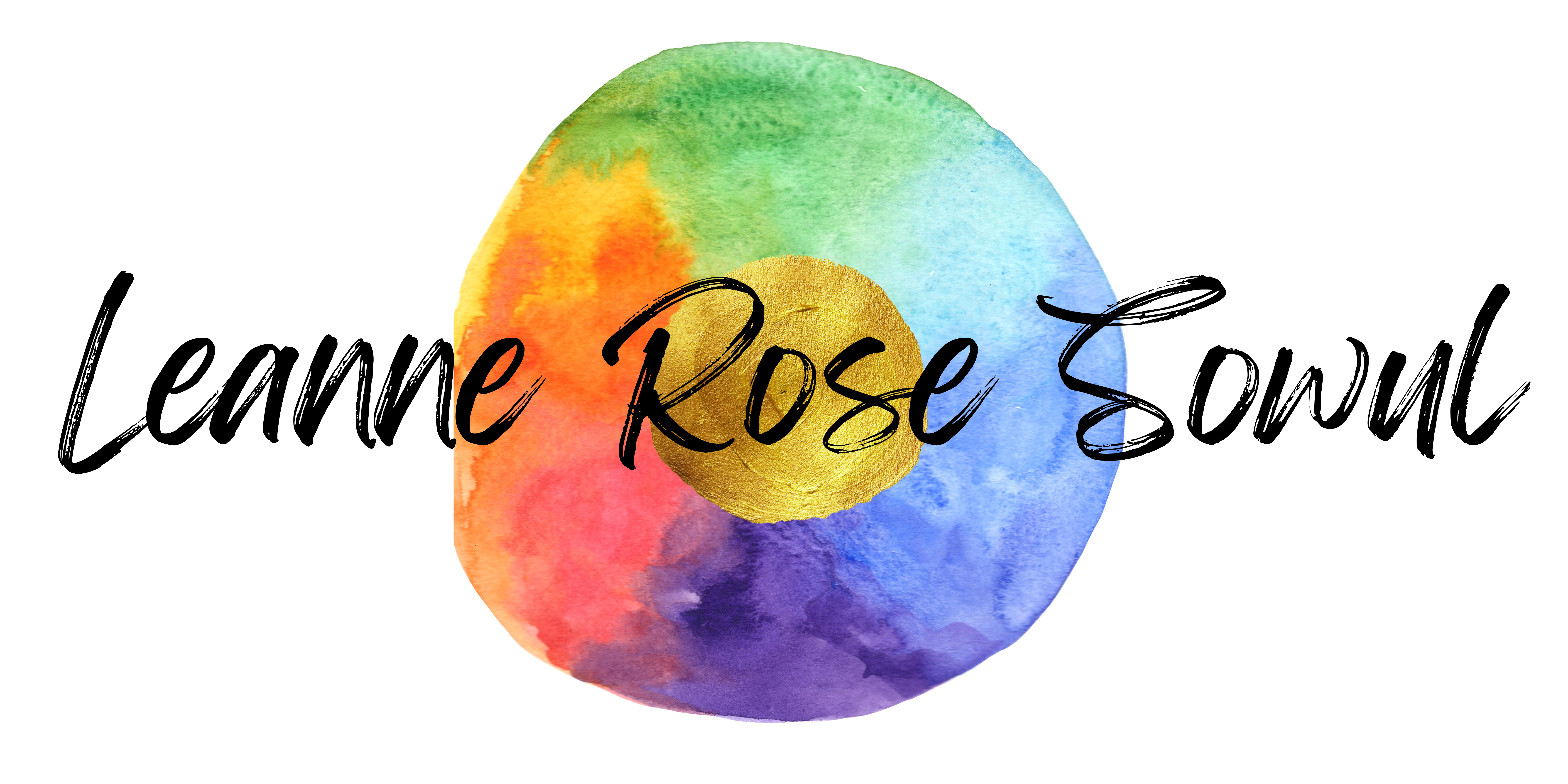In honor of the first week of school, here’s a nonfiction favorite of mine, James Loewen’s Lies My Teacher Told Me: Everything Your American History Textbook Got Wrong.
While the title is a great hook (and feeds into the popular teachers-as-villains theme this country is enjoying right now) it’s not really framed around teachers. Instead, Loewen looks carefully at twelve major high school American history textbooks and critiques each one for its historical accuracy and hidden agenda. Sound boring? To most high school students, it supposedly does. But the way Loewen writes, with passion for history dripping out of every line, it’s a great nonfiction read, and not in the least bit dry.
Here are a few things you’ll learn in this book, if you didn’t know them already:
– We all know that Columbus didn’t really “discover” America. It was already here and inhabited by thousands of thriving civilizations. What’s more, he wasn’t even really the first European to find the New World. Many groups of outsiders landed on our shores before the Nina, the Pinta and the Santa Maria. There is archeological evidence of immigrants from Africa, Russia and even Indonesia. Textbooks, however, only look at the event from the Western European point of view, not from the view of the Native Americans, who were quickly killed off in the millions by white man’s weapons and diseases.
– Helen Keller was much more than the “blind and deaf girl” whose inspiring relationship with Anne Sullivan prompted thousands of social studies teachers to run to Blockbuster (haha, remember Blockbuster?) and rent The Miracle Worker. She was a staunch feminist and radical socialist, and helped found the ACLU. She lived her life far beyond the reach of her disability, which is all most textbooks credit her for.
– Guess which colony was the first to legalize slavery? It wasn’t Virginia or North Carolina. It was Massachusetts.
Loewen also attacks a lot of textbook themes that echo classic American idioms, such as “America is the land of opportunity” and “Progress is our most important product.” He submits many historical examples to debunk each of these ideals, and one gets the impression that he could continue to expound on the subject if his editor would let him.
I do believe that Loewen has a bit of a liberal slant, but he backs up all of his opinion by fact, and very clearly shows how textbooks skew actual history to feed the idealism of American teenagers.
Whether you want to learn more about history from another point of view, or feel like participating in an angry rant against the textbook writers of America, this book is a interesting read.
Best of luck on the first week of school to all of you wonderful, HONEST teachers out there!

